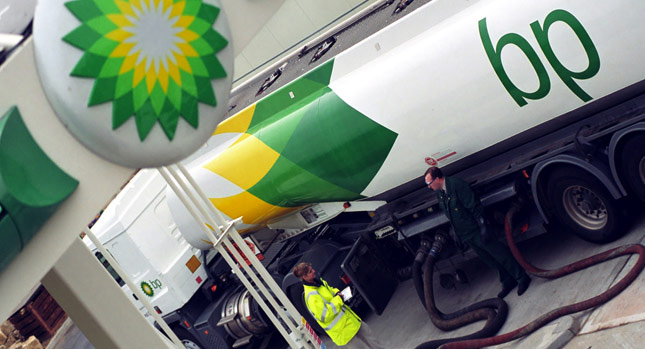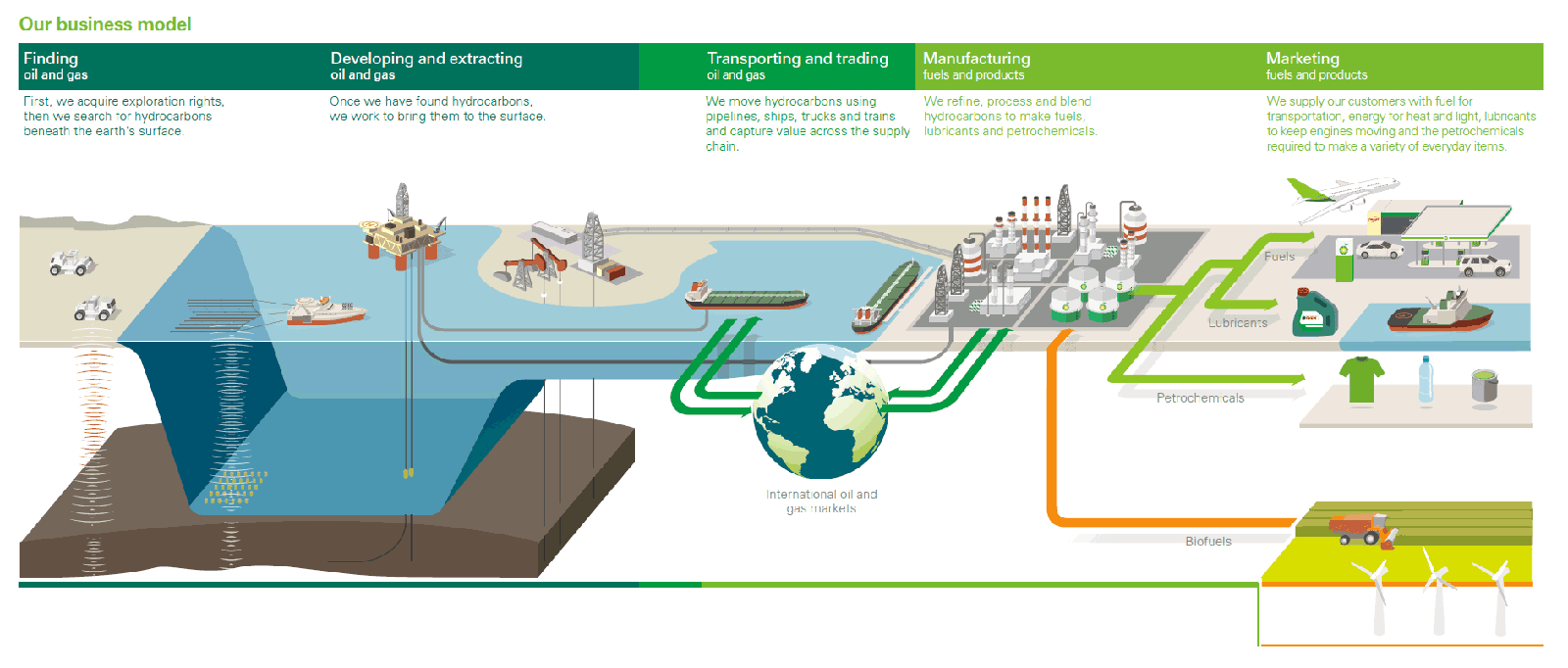We have been told for years that the world is about to reach peak oil and that it will all go downhill from there on, and yet, the overwhelming majority of cars sold around the world (the exceptions are insignificant) are powered by oil-derived fuels.
However, it appears that the world should put more efforts into reducing oil dependency, as energy giant BP estimates that global oil reserves will last 53.3 years at the current production rates. BP raised its reserve estimate by 1.1 percent to 1,687.9 billion barrels. Still, there’s likely a lot more oil left beneath the earth’s surface.
A sizeable amount of the growth in global oil reserves in BP’s report comes from the United States, which has 44.2 billion barrels of oil reserves, 26 percent higher than previously thought. The estimate is also more optimistic that the U.S. Energy Information Administration, which recently increased its evaluation to 33.4 billion barrels of reserves (15 percent more than previously thought).
The growth is due to America’s shale oil boom, with the controversial horizontal drilling technology unlocking vast reserves in the Bakken, Eagle Ford and Permian Basin. Furthermore, new shale plays continue to be discovered in the U.S., which means oil reserves may grow significantly in the coming years.
Whether the production benefits of horizontal drilling are worth damaging the environment and the quality of life is another discussion.




